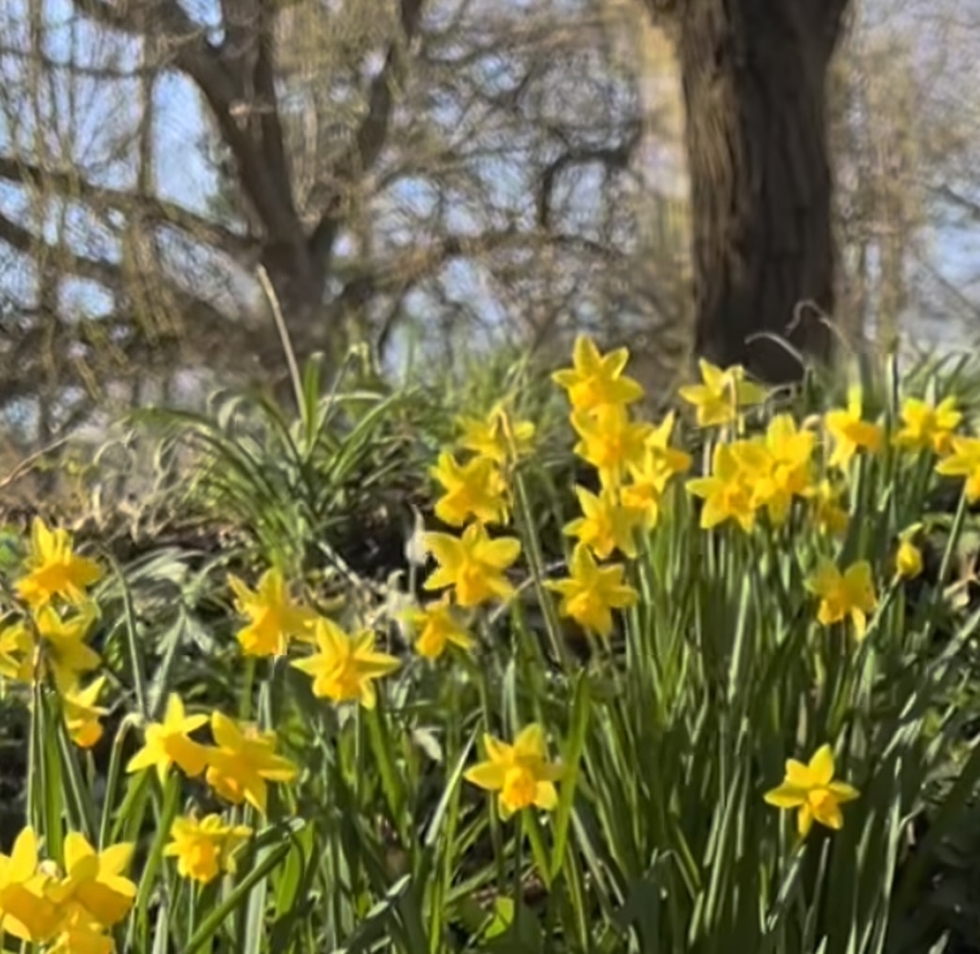History of Mothering Sunday and Resources for your Church
An article that first appeared on the Mothers’ Union website explains the history of Mothering Sunday which started back in the 16th century.
Mothering Sunday 10th March this year.
An article that first appeared on the Mothers’ Union website explains the history of Mothering Sunday which started back in the 16th century. At that time, on Mothering Sunday, people used to return to the church where they were baptised, or the local parish church. This was known as their ‘mother church’. The essence of this practice was that people remained in touch with the community they had grown up in. The actual service took place on the fourth Sunday of Lent and symbolised the coming together of families.
As time moved on, the make-up of communities entered a stage of transition. Mothering Sunday was adapted to fit the evolving nature of local people and places. Many families became disbursed due to upheavals within society. Related to this, the practices associated with the day changed too.
As practices gradually changed, it became a day when servants of large households and country estates were allowed to return home to visit their families. The traditions associated with the day were changing too. The day itself became less focused on the religious roots and more about specific relations within families.
By the early 20th century the practice of returning to one’s ‘mother church’ had become so neglected in the UK and Ireland that there were calls to revive it from social activists of the time. Consequently, decisions were made throughout the country to incorporate wider practices from across the Christian faiths and bring back a festival.
During the 1950’s, figures in business spotted commercial opportunities on offer. Thus, the commodification of the day both secured its endurance and altered its significance in the minds of the population.
In modern times, there has been increased commercialisation and secular uptake. Mothering Sunday has become a recognition of the role very much of a mother in contemporary society. Gifts are sold, flowers are bought, and cards are sent.
Mothers of all kinds wake up across the country knowing that this is their day. A day to be treated to lavish days out and receive gifts from loved ones. Despite the commercial forces driving the recognition, it is an important day for families coming together.
Those people lucky enough to find themselves in the role of a mother to another person can spend their time on Mothering Sunday feeling cherished. Stronger bonds within families lead to stronger bonds within communities. In potentially fractious times, this is more vital than ever.
This year, Mothering Sunday is on 10th March. Mothering Sunday resources from The Mothers' Union can be found here
